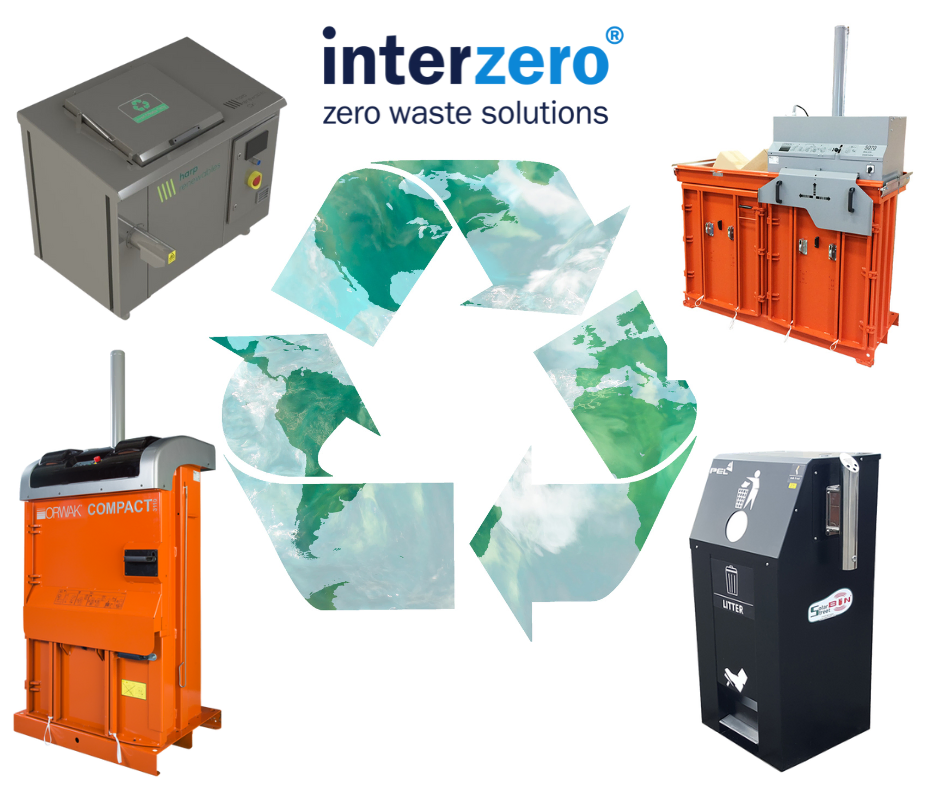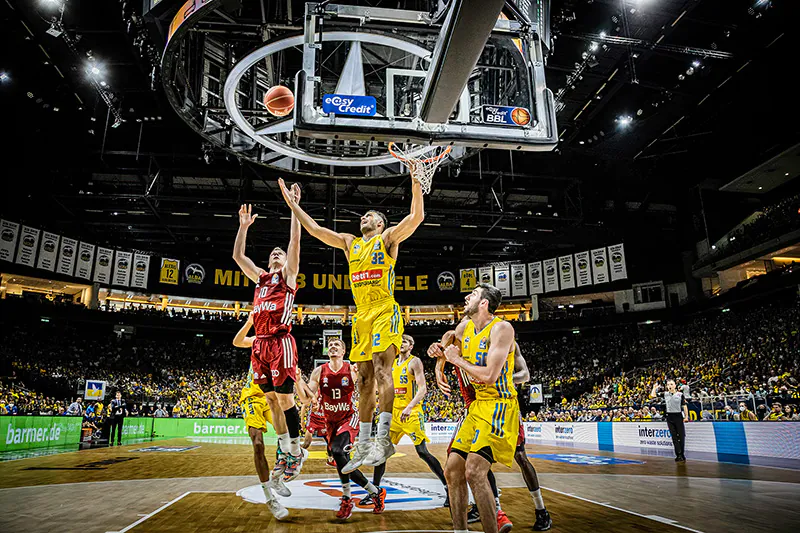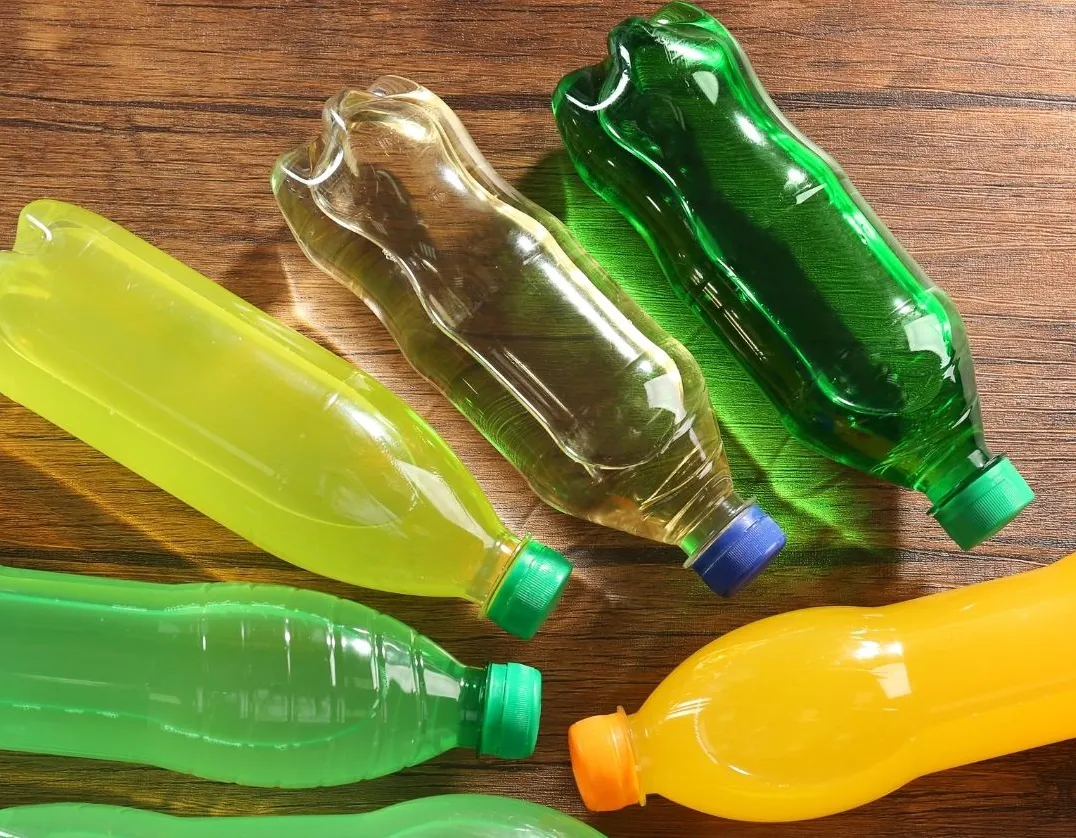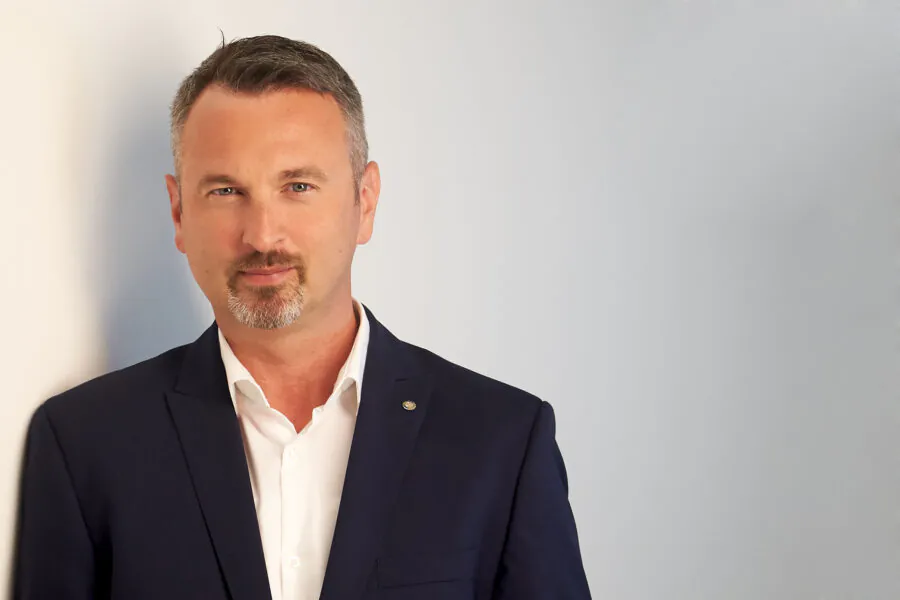Public call for encouraging separate municipal waste collection measures
The public call for encouraging measures for the separate collection of municipal waste refers to the procurement of municipal equipment and devices for the purpose of separate collection of municipal waste. Local self-government units and trading companies and other legal or natural persons – tradesmen in accordance with the Waste Management Act can apply for the Call.
Through the Invitation, it is possible to finance :
– municipal equipment and/or devices for separate collection of municipal waste (except mixed municipal waste);
– utility equipment and/or devices paid through a transaction account, credit agreement or based on a financial leasing agreement;
– VAT for the subject equipment/devices (MODEL B).
The call is divided into 2 models, one of which refers to applicants who are LGUs (MODEL A) and applicants who are utility companies (MODEL B). In both cases, the maximum amount of support that can be obtained is €150,000.00. The intensity of the support depends on the field in which the applicant operates:
- up to 80% of the justified costs of the total value of the investment, if it concerns users who are in the area of special state care of the Republic of Croatia.
- up to 60% of the justified costs of the total value of the investment, if it concerns users located on the territory of another group of islands.
- up to 40% of the justified costs of the total value of the investment, if it concerns users located in other areas of the Republic of Croatia.
The public call for co-financing of the implementation of iso-info activities on waste management refers to the implementation of educational and informative activities on waste management within the framework of the circular economy, which contribute to education and informing the public.
Eligible applicants are LGUs, and it is possible to finance educational and informational activities, more precisely the costs that are necessary for the realization of such activities (the cost of external collaborators for the implementation of the activity, their accommodation and travel, rent of space for holding workshops, media announcements, interactive applications and multimedia content and fig).
The maximum amount of support is €15,000.00, and the intensity of the support is the same as for the previously mentioned Call:
- up to 80% of the justified costs of the total value of the investment, if it concerns users who are in the area of special state care of the Republic of Croatia.
- up to 60% of the justified costs of the total value of the investment, if it concerns users located on the territory of another group of islands.
- up to 40% of the justified costs of the total value of the investment, if it concerns users located in other areas of the Republic of Croatia.
By registering for both calls, it is possible to achieve additional synergistic action where, along with the procurement of communal equipment for separate waste collection, the community will be encouraged to inform, spread knowledge and awareness about the practical application and importance of waste management. Through media announcements, the organization of trainings, the improvement of existing information points or the creation of additional new interactive solutions, the importance and awareness of solutions for separate waste collection is added, thus further encouraging the positive effect of the implemented measures.
More information: Public call for encouraging separate municipal waste collection measures
We invite you to contact us at otpad@interzero.hr or +385 1 6607 150 and we will provide you with more information and support in the process.
Interzero presents the current study "resources SAVED by recycling"
Clearly proven: cycles protect the environment.
+++ According to study data for 2021, Interzero closed loop solutions save one million tons of greenhouse gas emissions and 12.5 million tons of primary resources
+++ Costs of 199 million euros were avoided for environmental damage caused by the climate +++ Interzero presents data from a new study by the Fraunhofer Institute for Environment, Safety and Energy Technology UMSICHT at the K 2022 plastics fair
Berlin/Cologne. As the leading provider of recycling services in Europe, Interzero asks itself every year: What environmental damage are we actually avoiding with solutions for our customers and what savings potential does this bring to society?
The study published by Fraunhofer UMSICHT “RESOURCES SAVED BY RECYCLING” again proves a clearly positive effect. Interzero significantly relieved the environment in 2021.
By recycling a total of 1.8 million tons of recyclable materials, Interzero and its customers managed to save around 12.5 million tons of primary resources in 2021. year. In addition, the emission of about one million tons of greenhouse gases could be avoided. Without the use of Interzero, the costs of environmental damage caused by climate change would amount to 199 million euros (according to the environmental cost budget of the Federal Environment Agency).
The current savings in primary resources is equivalent to the weight of 5,227 mature redwoods.
“Heat, drought, floods, epidemics and hunger – the effects of overexploitation of nature and climate change are becoming more and more visible around the world,” says Dr. Axel Schweitzer, president and shareholder of Interzer. “With the help of this study, we check our own procedures every year – together with our customers and partners. By publishing them, however, we also want to make it clear that the recycling of raw materials is an effective factor in the ecological and economic opposition to destructive interventions in nature and climate change. The circular economy offers enormous opportunities. We must not forget that, especially considering the tense situation in Europe and the associated increase in energy prices.” The precise results of the current study will be presented for the first time at K 2022 from 19 until the 26th October in Düsseldorf. At the world’s largest plastics fair, experts from Interzero Plastics Recycling do not only present innovative technologies and services for plastic recycling. They also explain the environmental benefits of recycling over primary production. This is how Fraunhofer Institute scientists have calculated: the use of recycled Procyclen plastic produced by Interzero saves 56 percent of climate-damaging emissions compared to primary plastic produced from crude oil.
For years, Interzero has been collaborating with the Fraunhofer Institute UMSICHT on scientific testing of the savings effects of its own activity cycles.
The scientists’ calculations also provide the basis for the current communication campaign. Under the motto “One world. Zero Waste. Let’s #MoveTheDate”, Interzero focuses on preserving natural resources. After all, according to calculations by the Global Footprint Network, Interzero returns 10 times more regeneration capacity to the country for one euro of added value than the world community takes from it for each euro. Expressed in time units, the global Earth Overshoot Day, which is already in 2022. reached 28. July, because of Interzero, it was moved by 4 minutes and 20 seconds, and compared to Germany, it takes place 2 hours and 20 minutes later.
“At first glance, the values of minutes and hours do not seem particularly large. But they show that, as a medium-sized company, we make a difference with our activities on a global level and are a good incentive for us to continue our work. We want to move our entire environment to contribute to a sustainable circular economy and thus stop the ever-increasing exploitation of our planet,” says Dr. Axel Schweitzer.
More information about the study:
and here for the accompanying video
resources SAVED by recycling Video
Interzero and Alba Berlin - the new group congratulates the new, old champion
+++ 11. championship title for ALBA Berlin. Already during the current season it could be predicted in a way, but now it is a beautiful reality: the basketball players of ALBA BERLIN for 11. are the German basketball champions.
++The Interzero group, to which the main sponsor and environmental partner Interseroh+ belongs, congratulates the Alba Berlin club on winning the title.
“So far, we have managed to experience 11 joint cup victories and 11 championship victories in addition to other titles. But every victory and every championship is something special. That’s why on behalf of Interzero I want to thank the whole club and fans for this once again great season 2021/22. The fact that we started with Interzer in the same week and that ALBA BERLIN became the champion of Germany is a good sign for our new group”, says Dr. Axel Schweizer, shareholder of Interzer and member of the supervisory board of ALBA BERLIN.
Sustainability also connects me to the Interzero Group, which was created by the immediate withdrawal from the ALBA Group, stands for innovative, sustainable and user-friendly recycling and waste management. Interzer’s vision is a world without waste.
In this context, employees and managers of the group of companies are especially proud that Albatros’ sponsorship is aimed at a club that by 2025. wants to become the most sustainable basketball club in Europe and accordingly sees itself as an active social actor.
Basketball offers success strategies for businesses
Schweizer points out that success in sports, but also in business, can only be achieved with a bold vision, perseverance and, above all, teamwork. Basketball, with its fast game and sophisticated rules, is also particularly demanding in this respect and provides good role models for employees and managers. This fits into Interzer’s far-reaching vision of a world without waste. Equally, a group of companies must move agilely in sometimes highly regulated, but today extremely dynamic markets. That is why Interzero and ALBA BERLIN are excellent partners.
“Our sporting success is the result of a strong concept for young talents and long-term, stable partnerships. Interzero also gives us valuable impulses in the direction of environmental sustainability and accompanies us in the international orientation of our programs,” comments Marco Baldi, general manager of ALBA BERLIN.
Interzero will be the main sponsor and environmental partner in the next season. Links should be expanded with special reference to the idea of sustainability.
You can freely use the attached photo under the source “Interzero”.
Packaging with return fee
Labor Day is behind us, the weather served us to some extent and we are convinced that most of us spent this weekend somewhere in the air, in the pleasant company of family and friends, with a barbecue and some cold drinks.
Likewise, we are convinced that today, all of us who enjoyed the company yesterday, have the same question on our minds: Where now with all those enormous empty bottles of juice, water, wine, beer…?
We are sure that your car trunks, like ours, contain at least one bag of such bottles that you plan to store somewhere.
In a container with communal waste? Not at all.
Throw it through the car window somewhere in the forest? Not even in madness.
In the neighbor’s trash can? It is neither human nor right.
There is a better, far more correct and cost-effective way to dispose of bottles.
Look out for the return charge label on your empty bottles!
According to the Ordinance on packaging and packaging waste, you can hand over bottles with a return fee label to nearby stores that sell drinks, and they are larger than 200 square meters. They are obliged to collect the packaging from you and, for each correct and empty bottle, pay you a return fee in the amount of HRK 0.50 per packaging unit.
The return fee is a monetary amount paid by beverage manufacturers as an incentive measure to encourage the return of packaging and thereby reduce the impact on the environment by recycling the materials from which the packaging is made.
In the same way, it is possible to return bottles of milk and milk products with a volume of more than 2 dl, just make sure that the bottles must have a return fee label, they must be correct, undamaged and emptied of their contents.
In many shopping centers and stores that sell drinks, you will find machines for accepting packaging, and in some, cheerful and smiling staff in Interseroh colors who will inspect and collect your packaging and issue a payment slip for it, which you can cash in at the cash registers.
What is important to know?
Not every packaging is the right packaging for which you can get HRK 0.50 per bottle. Bottles that are damaged or have no labels, are of foreign origin or do not have a refund mark, contain liquid in them or contents, are not entitled to a refund.
Despite the fact that they may not have a return fee, it is equally important to adequately sort them and dispose of them in containers designed for plastic or glass packaging, depending on which materials the bottles are made of.
It is also important to know that there is a daily limit for packaging with a return fee, which amounts to a maximum of 80 pieces of packaging units per person in one day.
Remember that the next time the packaging reception employee returns a couple of bottles to you because they are not correct or because you have already handed over your daily limit.
Do not be angry, he does not decide on his own, but only follows the instructions of the Fund for Environmental Protection and Energy Efficiency, which prescribes the way to deal with waste packaging in the return compensation system.
Return your packaging and dispose of it in the prescribed containers, because only by meaningful and responsible actions of each of us can we influence the world we leave to future generations.
If you are a shopping center or a seller who puts non-returnable packaging on the market in the return fee system and accepting the packaging is causing you a headache, contact us. We will be happy to share our knowledge with you and offer you advice or fully organize packaging acceptance for you in order to fulfill your legal obligation to your customers.
Author: Adriana Budak
Interzero participates in Waste Expo Croatia 12
+++Interview with Vanja Horvat, director of Interzero doo
++In the last 30 years or so, the EU has been strongly faced with growing amounts of waste of all kinds, and it was necessary for product manufacturers to take responsibility for their products packed in packaging during their lifetime, but also when the product and packaging become waste.
Recent EU policies, such as the Green Deal, have additionally increased the pressure on producers and consumers to reduce the amount of waste, reduce the carbon footprint of production, and make the concept of circular economy a sustainable mechanism that will drive the EU economy. Extended producer responsibility (EPR) is basically a tool that obligates producers to participate in all activities to strengthen reuse, recycling and other ways of recovering products and packaging after use. One of the activities is the payment of the waste management fee.
For the first time in the 1990s, Germany, Sweden and France opened the market and transferred the EPR concept to Organizations that continuously improve the set goals with their knowledge and market competition. To this day, such a system is being adopted by an increasing number of countries around the world. In order for the financial contribution of producers through EPR to be effective, it was necessary to develop EPR schemes for as many types of products as possible, given that products differ significantly in terms of their purpose, composition, impact on the environment, and ultimately on human health. EPR schemes for certain types of waste products aim to enable a significant increase in collection and recycling, that is, to reduce the amount of waste disposed of in landfills.
EPR and the Republic of Croatia
The implementation of EPR in the vast majority of EU countries is led by Organizations. In a smaller number of members, one Organization operates on the principle of monopoly, while in about 15 member Organizations they compete under open market conditions. This concretely means that producers can choose the Organization that will collect and dispose of packaging waste from their products under the most favorable market conditions, and at the same time fulfill all the obligations arising from the fulfillment of national goals. In Croatia, these goals are met by the Environmental Protection and Energy Efficiency Fund through the fee for waste management paid by producers who place their products on the Croatian market, and this is a unique model in the EU. The problem that we are all aware of is that this model allows a large number of producers (especially if we are talking about packaging waste) not to pay compensation, because there is no effective mechanism that would cover all those liable. We hope that the register of taxpayers, which should come to life with the new Ordinance on packaging waste, will largely solve this problem. Another problem is the closedness of the waste management market, which is conditioned by the model that Croatia has and weak results in meeting the goals. In any case, in countries where the Organizations work under conditions of competition with strong state control, the rates of meeting the goals are very high, the costs of waste management for the economy are lower, and producers play an active role in the Organizations.
WHERE ARE WE NOW?
As an illustrative example, I will take packaging waste. The results of the packaging waste management system in Croatia are significantly below the goals set by the Directives. Therefore, it is very certain that in the coming years, Croatia will move further away from the given goals if it does not improve the system and open the packaging waste market in accordance with EU standards. This statement is supported by the statement in the Waste Management Plan of the Republic of Croatia 2017-2022. “that the goals prescribed in the Directive on packaging and waste packaging 94/62/EC have not been achieved and that there is a danger that without opening the market, and in accordance with the Waste Directive 2008/98/EC (the introduction of Organizations) as one of the ways of improving the system, the goals they will not be realized even in the future”. The concern for achieving the goals is 2020. expressed by the European Commission, offering a proposal to improve the performance of the system of extended producer responsibility by “restructuring the existing approach so that it is prescribed that producers must establish their own non-profit organization for producer responsibility, whose task would be to collect compensation from producers and distribute them to local self-government units, while ensuring that these fees are not more than what is necessary for the particular service”. How vulnerable the existing system is can be clearly seen from the comparison of data for Croatia and Slovenia for 2019. Namely, Slovenia, which has half the population of Croatia, puts 53% more packaging per inhabitant on the market (115 kg, as opposed to Croatia’s 75 kg), and the total amount of packaging put on the market in Croatia is only 67 thousand tons higher (HR 302 000t vs. SLO 235,300t). If, through a simple simulation, the data for Croatia were increased to Slovakia’s level, i.e. to 115 kg per inhabitant, the results in meeting the goals for individual types of packaging waste would be even more modest, despite the refund system, which in Croatia has proven to be an efficient tool for managing three types packaging waste. Therefore, there is a real possibility that the introduction of the register of waste management fee payers will significantly increase the amount of reported packaging waste, and consequently the collection and recycling rates will further decrease.
CONCLUSION
With the implementation of EU initiatives and the current shortage of recycled materials, we are faced with an even greater challenge of keeping up with the ever-increasing amounts of waste, with ever-higher recycling targets, and the lack of favorable raw materials needed for production. New rules and regulations on special categories of waste, which are in the process of being drafted and passed, open up an opportunity to open up the market, introduce new processes and enable producers to actively participate in waste management. The market model and Organizations should be a lever that will ensure and accelerate the development of primary selection in all areas of the Republic of Croatia, encourage the construction of waste sorting plants and thereby provide raw materials to the recyclers. This same waste will thus be turned into raw material and returned to the Croatian economy, thus reducing the need for imports, that is, enabling Croatian companies to purchase materials more favorably.





